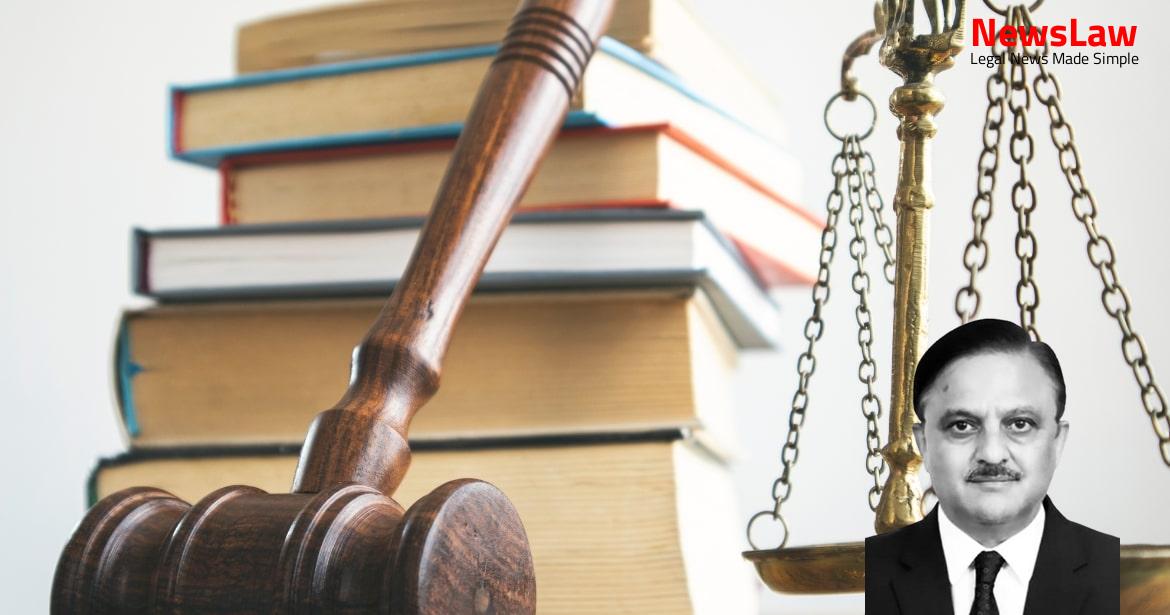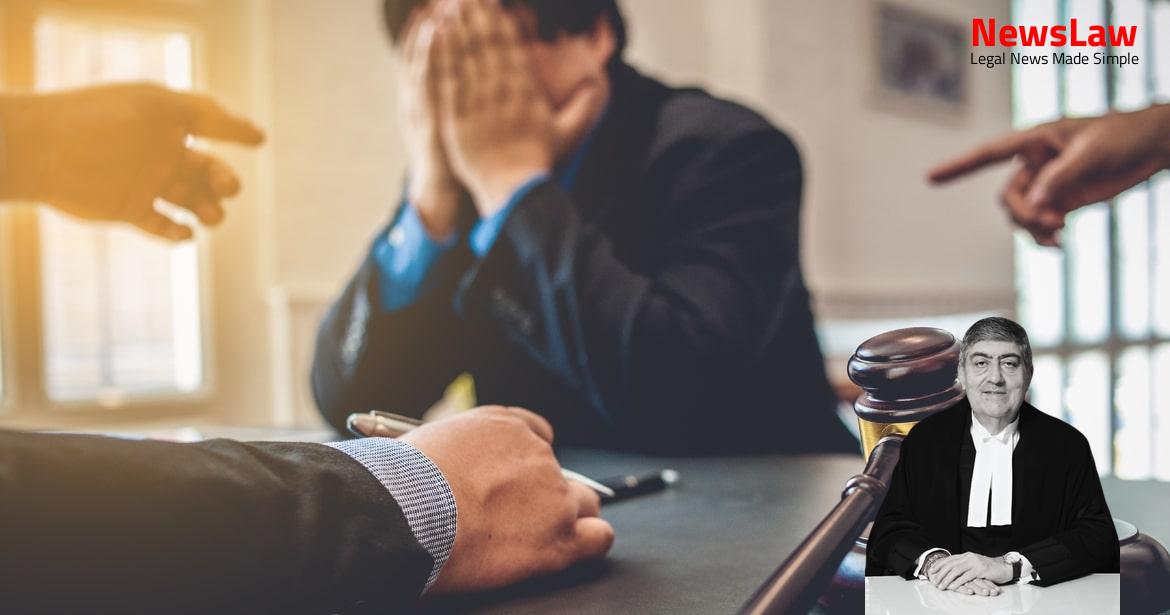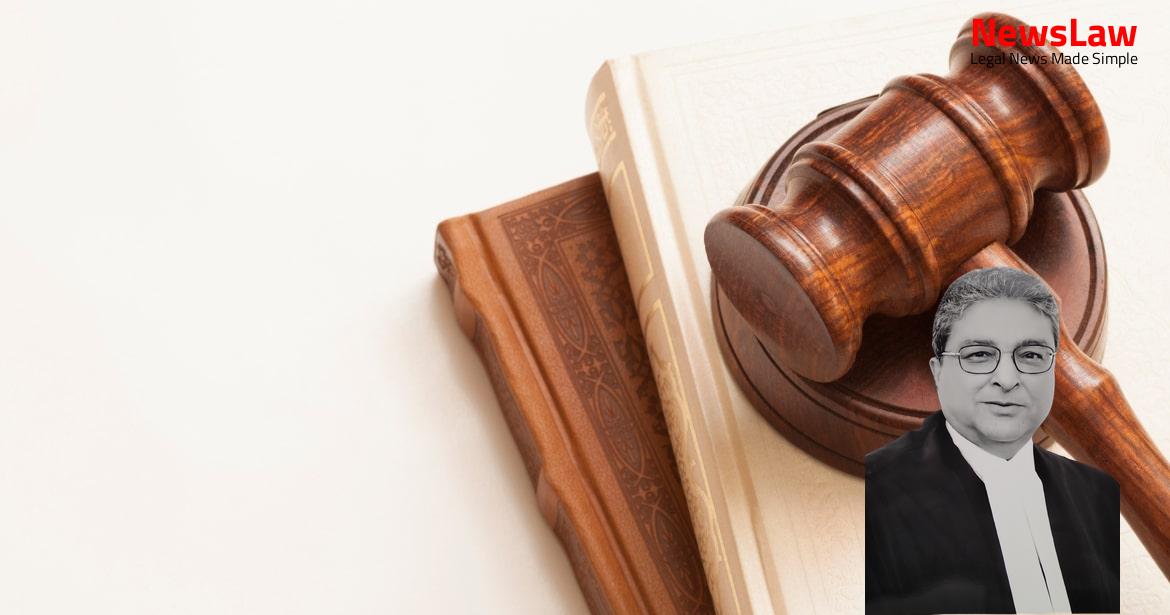In the case of Sardar Syedna, the jurisdiction of this Court under Article 32 of the Constitution of India was invoked for challenging the constitutional validity of the Bombay Protection of Ex-communication Act, 1949 (for short, ‘the Ex- communication Act’).
Also Read: https://newslaw.in/case-type/criminal/legal-analysis-juvenile-justice-act-and-incarceration-period/
Sardar Syedna Taher Saifuddin Saheb, who was the 51 Dai-al-Mutlaq and the head of the Dawoodi Bohra community, challenged the Ex-communication Act on the ground that the same infringes the fundamental rights guaranteed under Articles 25 and 26 of the Constitution of India.
This Court held that as the Ex-communication Act invalidates ex- communication on any ground whatsoever including religious grounds, it must be held to be in clear violation of the right of the Dawoodi Bohra community guaranteed under Article 26 (b) of the Constitution of India.
It is only if the Constitution Bench doubts the correctness of the law laid down in Sardar Syedna Taher Saifuddin Saheb case [1962 Supp (2) SCR 496 : AIR 1962 SC 853] that it may opine in favour of hearing by a larger Bench consisting of seven Judges or such other strength as the Chief Justice of India may in exercise of his power to frame a roster may deem fit to constitute.
As the Ex-communication Act has been repealed, the question which arises for consideration is whether anything survives in the writ petition for a decision on merits.
Also Read: https://newslaw.in/case-type/criminal/consensual-relationship-and-misconception-of-consent/
His submission is that even assuming that the practice of ex-communication is considered a matter of religion, it must yield to the legislations on social reforms which are protected by Article 25(2) of the Constitution of India.
His submission is that the practice of ex-communication in the Dawoodi Bohra community is violative of Articles 17, 19(1)(a), 19(1)(c) and 19(1)(g), 21 and 25 and therefore, it cannot enjoy the protection of Article 26 of the Constitution of India.
Therefore, the Social Boycott Act gives no protection to the members of the Dawoodi Bohra community from the unjust and illegal practice of ex-communication.
In other words, he submitted that the rights of a religious denomination under Article 26 cannot be determined in isolation and interpreted in a manner that renders the rights guaranteed to its members under other provisions of Part III nugatory. (Sabrimala Temple Review – 9 JJ), has framed seven issues and at least, the first three issues framed by the said Bench will arise even in the present case.
Also Read: https://newslaw.in/case-type/civil/moratorium-application-in-insolvency-case/
He submitted that the decision in the case of Sardar Syedna was noted by the Constitution Bench in the case of (Sabarimala Temple 5JJ).
Case Title: CENTRAL BOARD OF DAWOOODI BOHRA COMMUNITY Vs. THE STATE OF MAHARASHTRA (2023 INSC 115)
Case Number: W.P.(C) No.-000740-000740 / 1986



